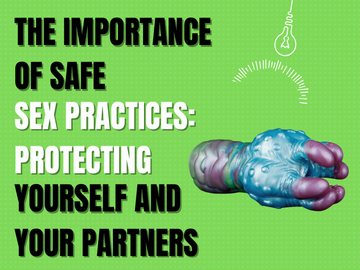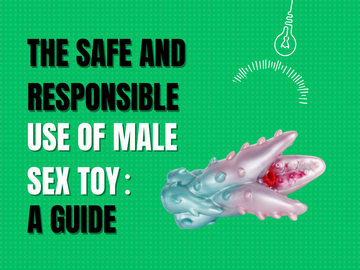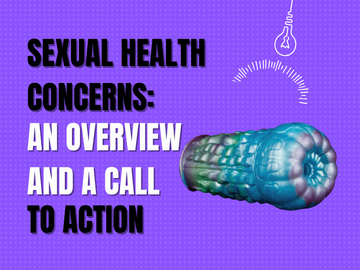Why Safe Sex Matters
According to the World Health Organization (WHO), approximately 1 million people worldwide contract sexually transmitted infections (STIs) every day. STIs can have severe physical and emotional consequences, including infertility, pelvic inflammatory disease, and even death. Additionally, STIs can increase your risk of contracting other diseases, such as HIV/AIDS.
The Importance of Condoms
Condoms are a crucial tool in preventing the transmission of STIs. When used correctly, condoms can significantly reduce the risk of contracting an STI. Some of the benefits of using condoms include:
Preventing the transmission of STIs, including HIV/AIDS
Reducing the risk of unwanted pregnancy
Protecting against sexually transmitted blood infections (STBIs), such as Hepatitis B and C
Regular Testing: A Must
Getting tested regularly for STIs is another essential aspect of practicing safe sex. The Centers for Disease Control and Prevention (CDC) recommends that adults get tested for STIs at least once a year, or more frequently if you're engaging in high-risk sexual activities.
Other Essential Safe Sex Practices
In addition to using condoms and getting tested regularly, there are several other essential safe sex practices to consider:
Communicate with your partner : Openly discuss your sexual health goals and preferences with your partner.
Get vaccinated : The HPV vaccine can protect against certain types of cervical cancer and genital warts.
Don't assume you're monogamous : Even if you're in a committed relationship, it's essential to continue using condoms and getting tested regularly.
The Consequences of Not Practicing Safe Sex
Unfortunately, not practicing safe sex can have severe consequences. Some of the risks associated with unsafe sex include:
STIs : Contracting an STI can have significant physical and emotional consequences.
Unwanted pregnancy : Becoming pregnant without wanting to can be emotionally and financially draining.
HIV/AIDS : Contracting HIV or AIDS can be life-threatening.
Practicing safe sex is a crucial aspect of maintaining healthy and fulfilling sexual experiences. By using condoms, getting tested regularly, and practicing other essential safe sex habits, you can significantly reduce your risk of contracting an STI and protect yourself and your partners from the consequences of unsafe sex. Remember, open communication with your partner, regular testing, and informed decision-making are key to maintaining healthy and fulfilling sexual relationships.
References
World Health Organization (WHO). 2022. Reproductive Health.
Centers for Disease Control and Prevention (CDC). 2022. Sexually Transmitted Diseases (STDs).
American Sexual Health Association (ASHA). 2022. Sexual Health.
Staying Safe and Healthy During Sexual Activity
The Importance of Safe Sex Practices: Protecting Yourself and Your Partners










